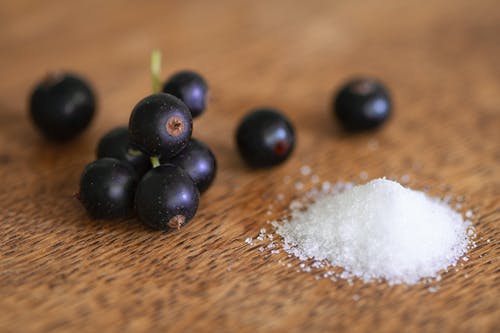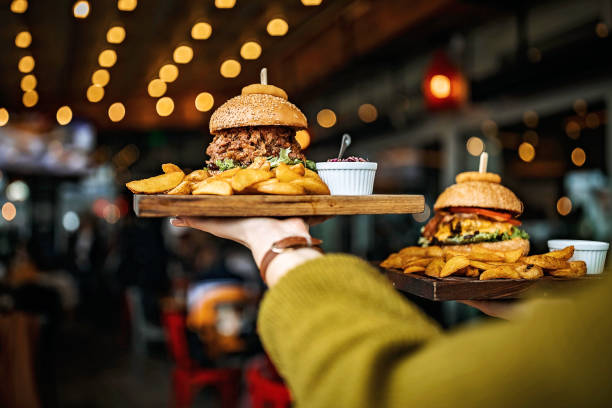BI-polar Disorders May Often Go Mis-diagnosed
Sometimes an individual experiences serious mood swings, which change with time. At some point, a person may be very depressed, feeling unhappy with situations or other people, and lose hope, interest, and pleasure to engage in any activity. At some moment, the mood shifts to a condition called hypomania, where an individual now feels relaxed, then another moment “mania” – full of anxiety and energy. Within a very short space of time almost instantaneously they move from having intense happiness to feeling irritable.
As a result, an individual finds it easy to; sleep well, not be judgmental, think straight and critically, and have more incredible energy to perform an activity.
Bipolar disorder is a life-term condition that can bring in diverse periods of mood swings, where emotions and symptoms experienced will be felt by some people while others will not. However, these mood swings are manageable, and signs are treatable if the right and most convenient medications are followed, and psychotherapy counseling protocols have been followed.
Bipolar symptoms are categorized into two distinct episodes, namely, mania and hypomania. The two symptoms’ experience seems to be similar, but mania symptoms are much more brutal; hence, when they occur, they are more problematic. Some of the symptoms exhibited by the two episodes are;
- Anomalous talkativeness
- Over self-confidence
- High activity rate
- Lack of sleep
- Making informed decisions
- Being distractive.
Three foods to avoid that trigger bipolar disorder
- Caffeine
Caffeine is an example of a stimulant, and stimulants are known to trigger mania symptoms. Caffeine intake can impair an individual’s sleep, which in time may cause a lot of trouble since sleep deficiency triggers mania mood swings.
Caffeine, also acts as a stimulant, and may change the body’s metabolic process towards the medication treatment of a bipolar disorder, making the medication not adequate to the person and their means of treatment.
Caffeine raises the level of anxiety and makes an individual more irritable, which are signs and symptoms of bipolar condition. Finally, some evidence shows that pseudoephedrine, a compound found in medicine for coughs and colds, contains stimulants with similar characteristics as caffeine.
- Salts

Lithium is essential when it comes to bipolar treatment. Salts in the chemical form of NaCl. and Sodium ions are necessary when it comes to regulatory measures for lithium levels in your body. So, you should monitor the amount of salt taken in your body because salt intake level disparities may distress lithium levels.
Bipolar patients under medication of lithium may not take a diet with low sodium ions to prevent dehydration, which may result in lithium toxicity.
It’s good to consult your medical doctor on the amount of salt you should take to ensure the intake is within the limit of a healthy range.
- Fats
Many fats in the body make it impossible to take control of your body weight, leading to obesity, and even having a pot belly make it hard for medication treatment of bipolar disorder to be effective.
Saturated fats in the heart can lower its work rate, which affects the metabolic rate, which alters the effectiveness of the bipolar medication.
Summing It Up
It’s good to note that whatever you eat has a significant impact on your body and also on your mental capacity. This also means that it would be affecting the mood and the brain. Therefore, we should avoid intakes of food mentioned above, and more so, foods rich in sugars and alcohol at all costs.





